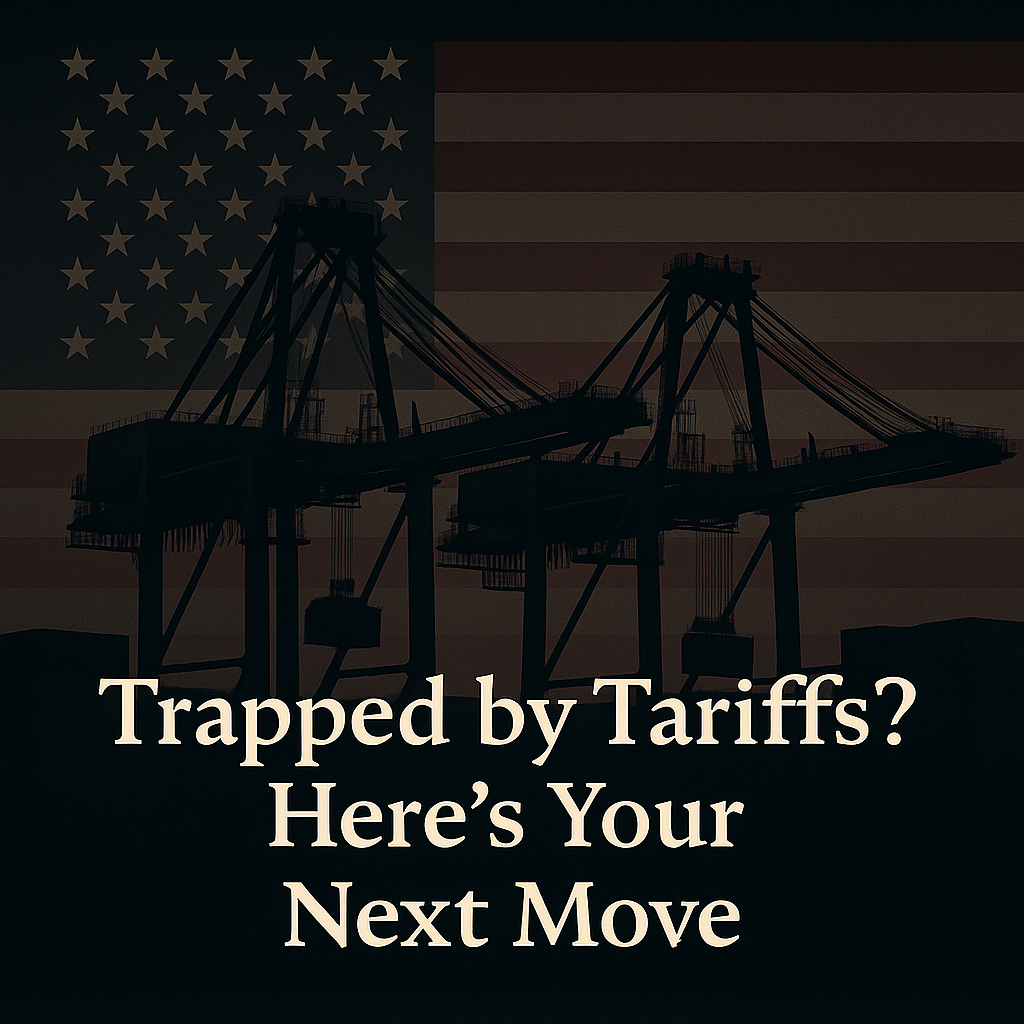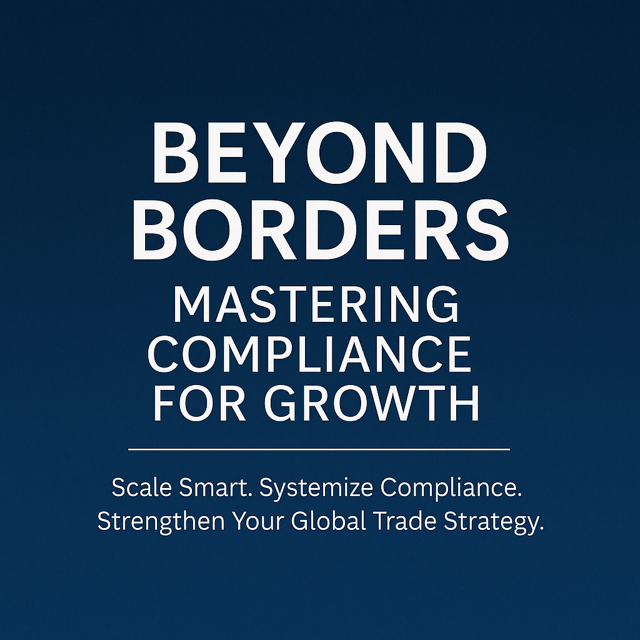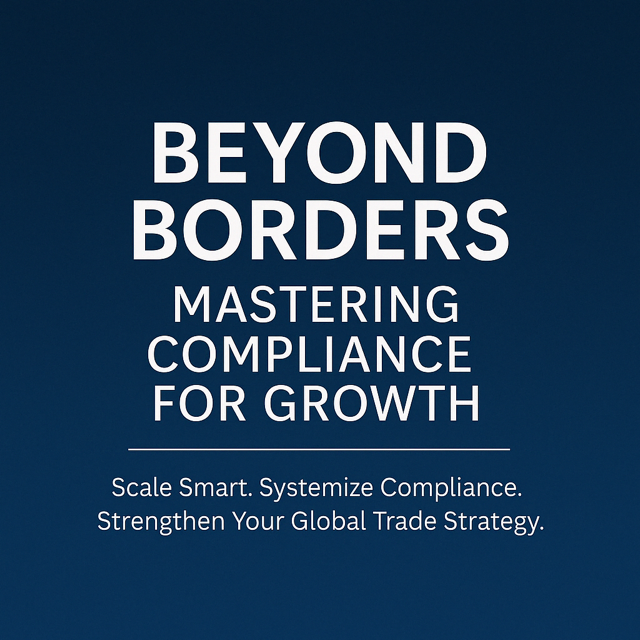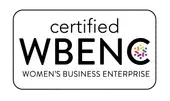Global trade offers businesses opportunities to expand their reach, tap into new markets, and create global supply chains that can reduce costs. However, these opportunities come with inherent risks, from natural disasters disrupting key shipping routes to cyberattacks compromising sensitive data. Supply chain security is an increasingly critical concern for businesses involved in international trade.
For U.S. small and midsize businesses (SMBs) that are new to importing and exporting, these risks may seem daunting. But with the right strategies and tools, you can protect your business from potential disruptions, ensuring continuity, compliance, and the ability to meet customer demands globally. This article will guide you through the key aspects of supply chain security, highlighting how to identify risks, implement best practices, and leverage technologies to safeguard your business.
Understanding Supply Chain Risks in Global Trade
Supply chain risks in global trade can emerge from various factors, including:
- Geopolitical Risks: Trade embargoes, sanctions, and tariffs can shift trade routes, increase costs, and cause regulatory headaches. Countries can impose restrictions suddenly, and businesses dependent on specific markets may find their goods stranded or delayed.
- Natural Disasters: Earthquakes, hurricanes, floods, and other natural disasters can severely impact infrastructure, close ports, or damage goods in transit. An unprepared business may face extended delays and significant financial losses.
- Cybersecurity Threats: In today’s digital economy, cybersecurity is critical. Hackers can infiltrate supply chain systems, accessing sensitive information like trade secrets, customer data, and business finances. In 2020, the SolarWinds cyberattack revealed how vulnerable global supply chains can be to breaches.
- Regulatory Compliance Issues: Misclassification of goods, missing documentation, and violations of export controls can result in fines, delays, and damaged reputations. Previous articles in this series, such as those covering HS Codes and Export Controls , emphasized the importance of maintaining regulatory compliance to avoid costly delays (see Article 3, Harmonized System (HS) Codes: How Are Products Classified for International Trade? and Article 7, Export Controls: What Items Are Subject to Export Restrictions?).
- Supplier Reliability: SMBs often rely on third-party suppliers or manufacturers in other countries. If a supplier fails to meet deadlines, or worse, goes out of business, the entire supply chain can be compromised. Conducting due diligence and diversifying suppliers is critical for mitigating this risk.
Best Practices to Enhance Supply Chain Security
Securing your supply chain requires a multi-faceted approach that addresses both physical and digital vulnerabilities. Below are key strategies to consider:
1. Conduct a Supply Chain Risk Assessment Before implementing any protective measures, it’s essential to understand the risks specific to your business. Conduct a comprehensive risk assessment by identifying all the suppliers, transport modes, routes, and facilities involved in your supply chain. Analyze potential risks for each component, such as supplier reliability, regional stability, infrastructure, and exposure to regulatory changes.
Supply Chain Mapping: A critical tool in this process is supply chain mapping. This method allows you to visualize your supply chain from end to end, pinpointing key players and identifying where risks might emerge. As we discussed in Article 6 on the importance of Denied Parties Lists, supply chain mapping also helps ensure that all parties are compliant with trade regulations (see Article 6,
Denied Parties Lists: Why Should You Check These Lists Before Doing Business with Foreign Entities?).
2. Diversify Your Suppliers Relying too heavily on a single supplier or region can make your business vulnerable to disruptions. Geopolitical tensions, natural disasters, or factory closures could jeopardize your supply chain. To mitigate this risk, consider working with multiple suppliers located in different regions.
Contingency Planning: Create contingency plans for each of your suppliers. If one supplier fails to deliver, your plan should detail how you will shift production or sourcing to a different supplier without major disruption.
3. Strengthen Cybersecurity With increasing reliance on technology in global trade, ensuring the security of your digital infrastructure is crucial. SMBs are often targets for cyberattacks because they may not have the robust defenses that larger corporations have. Protecting sensitive information, such as shipping data, supplier contracts, and financial records, is vital to your business’s continuity.
Key Cybersecurity Practices:
- Implement multi-factor authentication (MFA) for all systems.
- Regularly update software and security patches.
- Train employees to recognize phishing attacks.
- Encrypt sensitive data both in transit and at rest.
4. Leverage Trade Compliance Software Investing in trade compliance software can help your business manage risks related to regulatory compliance and supplier reliability. Such software provides real-time tracking of shipments, automates the creation and submission of customs documentation, and alerts you to potential compliance issues.
Automation: As discussed in Article 10, trade compliance software can greatly simplify compliance processes, reducing the chance of errors that could expose your business to fines or penalties (see Article 10,
Trade Compliance Software: How Can Technology Simplify the Compliance Process?
).
5. Build Strong Relationships with Suppliers Establishing solid relationships with your suppliers can make a significant difference when disruptions occur. Building trust and open communication lines allows you to act quickly in the face of unexpected challenges. Regularly check in with your suppliers and understand their business challenges so you can anticipate potential delays.
Supplier Audits: Perform periodic audits of your suppliers to ensure they are meeting quality standards, compliance requirements, and delivery timelines. This not only helps mitigate risks but can also enhance your overall product quality.
6. Monitor Regulatory Changes Global trade regulations are continuously evolving, and staying informed about changes is crucial to avoiding costly penalties. Monitoring updates to trade agreements, such as the USMCA, and maintaining awareness of new tariffs or restrictions ensures you remain compliant.
Stay Informed: Utilize government resources such as the U.S. Customs and Border Protection (CBP) and the Electronic Code of Federal Regulations (eCFR) to keep up with the latest regulatory changes.
Leveraging Technology for Enhanced Security
New technology, such as blockchain and artificial intelligence (AI), is transforming supply chain management. Blockchain provides secure, transparent tracking of goods throughout the supply chain, preventing tampering and ensuring the authenticity of products. AI can be used to predict potential supply chain disruptions by analyzing trends in weather patterns, geopolitical events, and shipping traffic.
Blockchain Benefits:
- Creates an immutable record of each transaction in the supply chain.
- Provides end-to-end visibility of goods, helping to prevent fraud and counterfeiting.
- Enhances transparency, which can improve trust with partners and customers.
AI for Predictive Analytics
AI-driven platforms can analyze vast amounts of data in real-time, identifying patterns and potential disruptions before they happen. For example, if AI detects a significant weather event in a key shipping lane, it can alert you to reroute shipments or source from alternate suppliers.
The Role of Customs Brokers in Supply Chain Security
Navigating the complexities of global trade compliance while managing supply chain security can be overwhelming for SMBs. This is where a customs broker becomes a valuable partner. Customs brokers are experts in import/export regulations, ensuring that your shipments comply with all applicable laws and that your goods clear customs smoothly.
How Customs Brokers Support Your Business:
- Regulatory Expertise: Brokers stay informed about regulatory changes, including new tariffs, trade agreements, and import/export restrictions. This helps you avoid costly fines and delays.
- Documentation Management: Customs brokers handle all the paperwork, from commercial invoices to certificates of origin, ensuring everything is filed correctly and on time.
- Supply Chain Support: A broker can help you navigate supplier issues, recommend trusted partners, and provide insights on reducing supply chain vulnerabilities.
Summary
Supply chain security is a multifaceted challenge that requires careful planning and proactive measures. By conducting a risk assessment, diversifying suppliers, strengthening cybersecurity, leveraging compliance software, and staying informed about regulatory changes, you can protect your business from global trade risks. Additionally, new technologies like blockchain and AI offer innovative solutions to enhance supply chain transparency and predict potential disruptions.
Working with a customs broker can further ensure that your business remains compliant and that your supply chain remains secure, even in the face of unpredictable global challenges.
Teaser for Next Article
(A Look Ahead):
In the next article, we’ll explore “Tariff Engineering: Strategies to Minimize Import Duties Legally.” Learn how you can save on import costs and enhance your profitability by taking advantage of strategic tariff classifications.
The next part of the series will focus on tariff engineering strategies to minimize import duties, providing even more ways for your business to, with these opportunities come inherent risks. From natural disasters disrupting key shipping routes to cyberattacks compromising sensitive data, supply chain security is an increasingly critical concern for businesses involved in international trade.
References:
- SolarWinds Cyberattack. (2020). The New York Times. Retrieved from: Link
- U.S. Customs and Border Protection (CBP). (2024). Regulatory Updates. Retrieved from: Link
- Electronic Code of Federal Regulations (eCFR). (2024). Trade Compliance Rules. Retrieved from: Link
If you're curious to see how we can help, please visit our website
http://magneticprecision.com/
For inquiries and questions, contact us at
inquiries@magneticprecision.com.





